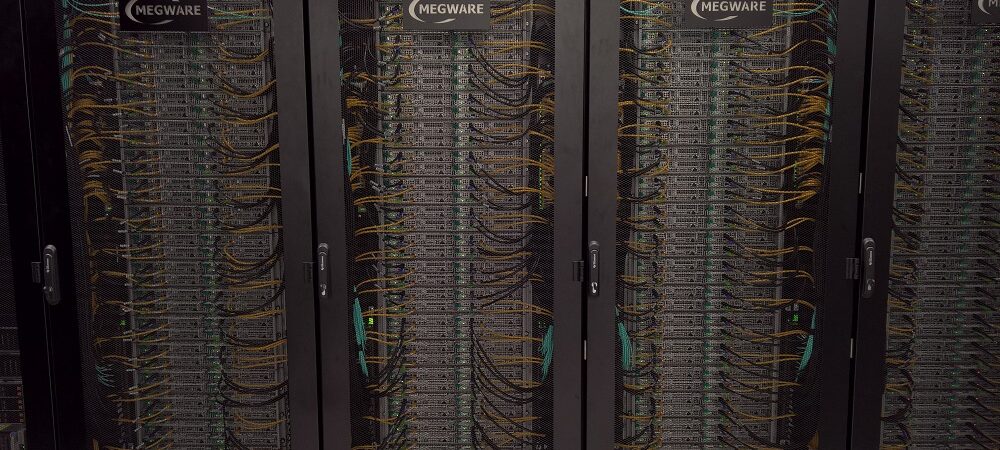


The goal of the interdisciplinary seminar series Computation & Data at HSU is to bring together researchers and foster exchange on the development of algorithms, methods and software. The seminar series is typically scheduled for the last Wednesday every month, 16:00-18:00, with 1-2 presentations per hybrid session (digital and at HSU).
Feel free to subscribe the seminar newsletter by sending an e-mail to info-hpc-bw@hsu-hh.de with the subject line „Subscription Seminar Computation & Data”.
The usage of low-frequency signals and easy data acquisition make Impact Echo a widely applied NDT method in the field of civil engineering ever since its introduction in the 80’s. However, the physical principle of the method was not fully understood until 2005. Numerical simulations are used to better understand acquired datasets and improve data evaluation by introducing new evaluation procedures and using existing machine learning methods.
Automated damage detection is integral to structural health monitoring (SHM) systems. However, changes in the data result not only from damage but also from environmental or operational influences. Consequently, it is necessary to determine the confounding factors and remove their effects from the measurements or extracted features. Methods used so far, however, neglect potential changes in higher-order statistical moments, although the output covariances are essential for generating reliable diagnostics for damage detection. We propose an approach that explicitly quantifies changes in the covariance using conditional covariance matrices, and we apply the method to real-world bridge data. Our results show that temperature changes affect the covariances of sensor measurements and natural frequencies. By combining our new approach with standard methods for damage detection, we can generate more reliable diagnostic values and fewer false alarms.



Hamburg, Germany

Hamburg, Germany